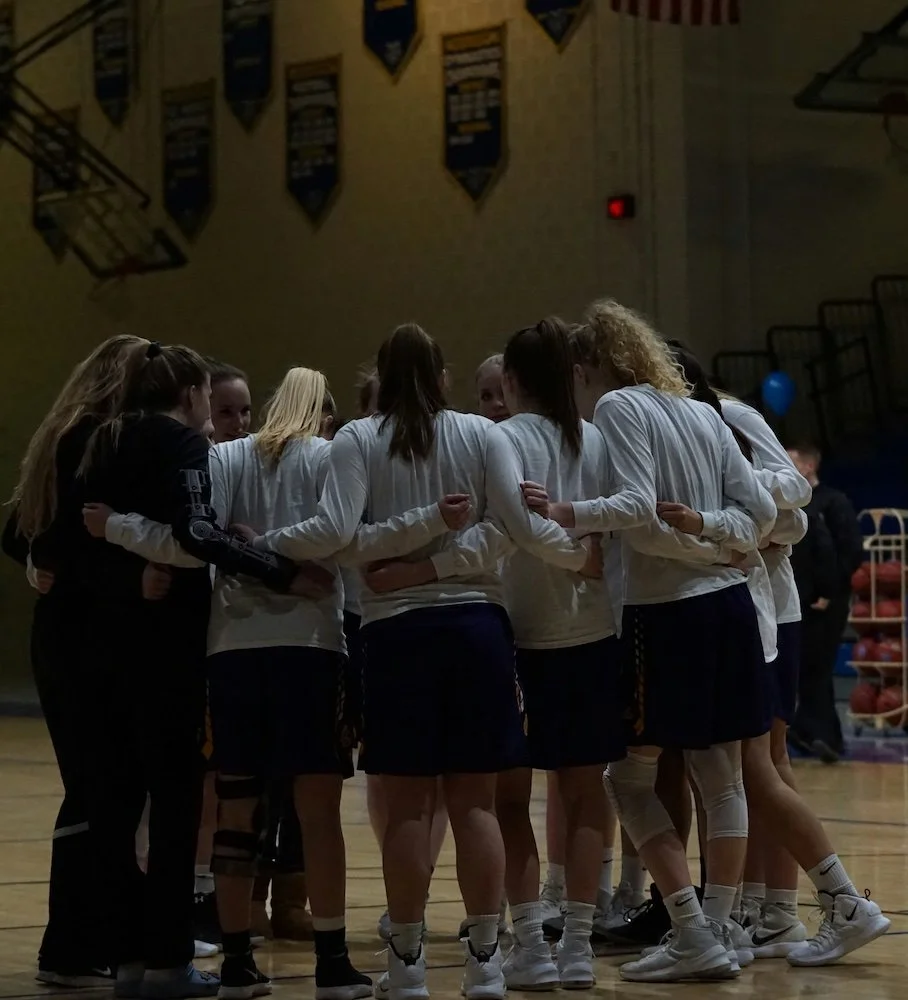Academia is a team sport
Photo by Jeffrey F Lin on Unsplash
There is well-known proverb (of unknown origins) that states: If you want to go fast, go alone. If you want to go far, go together. And, if you’re a frequent reader of this blog, you know that I’m a huge Peloton fan, whose tagline has a similar (abbreviated) message: Together we go far. There’s great wisdom in this message, but these days, we rarely get to see it put into practice. Our society, including our academic systems, celebrates individual performances. From an early age, we are judged and ranked according to individual standardized test scores and grades. We learn about ‘great’ individuals in history, but in reality, they were rarely acting alone. The success of entire corporations—the work of thousands of people—is credited to a few decisions made by a single executive. When a professional sports team wins a championship, we are quick to name an MVP, an individual whose performance we’ve decided is the most valuable. As a result of all of this, it’s easy to internalize the idea that we need to be ruggedly individual and increasingly self-reliant. Even worse, when the graduate student, postdoctoral fellow, or assistant professor positions are limited, we may start to see our colleagues as competition, further isolating ourselves from our communities, and reinforcing the belief that we’re on our own.
The truth is that academia, and academic research in particular, has become increasingly collaborative, and a collaboratory is often critical for a researcher’s long-term career success. Part of this is by necessity and just makes good practical sense. Measurement tools and statistical methods have rapidly evolved and become increasingly complex. As a result, it can be challenging to develop deep technical expertise while simultaneously honing deep conceptual expertise. Partnering with colleagues who have complementary skill sets allows you, as a group, to tackle questions in a way that wouldn’t be possible for any one team member on their own. It also just makes for good science and good business: collaborating and sharing information and perspectives, while sometimes a slower process, can lead to more innovative solutions and/or increased productivity overall. Funding agencies have seen the value in collaboration and have placed their bets on the promise of highly diverse teams that bring together unique perspectives to solve society’s biggest challenges.
But, being collaborative requires a bit of a gut-check: you’ve got to accept that you can’t do or be everything. That maybe you don’t know it all. Collaboration requires a willingness and an openness to learn from others. Collaboration requires a shift from seeing your colleagues as rivals to seeing them as teammates. And as teammates, you are invested in each others’ growth and success.
Being collaborative doesn’t come without risks, however. Someone who you thought was a great teammate may one day take all the credit in a meeting without acknowledging the hard work you put in. Someone else may become unable (or just be unwilling) to do the portion of the work they had previously agreed upon, thereby putting more stress on your shoulders in order to get the project over the finish line. Or a collaborator may (perhaps inadvertently) make a mistake that sets back the team’s progress. Being collaborative doesn’t always feel safe, and in certain cases, with certain people, collaboration may not actually be in your best interest. But over time, the goal is to build a community of collaborators who you do feel safe with, who are trustworthy, reliable, and willing to grow with you.
At its core, collaboration isn’t just about producing more papers or securing more grants—it’s about building an academic career that is sustainable, fulfilling, and deeply connected. When you invest in relationships with colleagues you trust, you create a team that lifts each other up, celebrates wins together, and weathers setbacks as a unit. That’s not only how you go far, but go far with confidence and joy.
If you’re ready to start building your own academic dream team—or need help figuring out how to identify the right collaborators and supporters—let’s chat. Book a free discovery call with me, and together we’ll map out a strategy for creating the community you need to thrive.
Next week: You don’t have to be on every team

